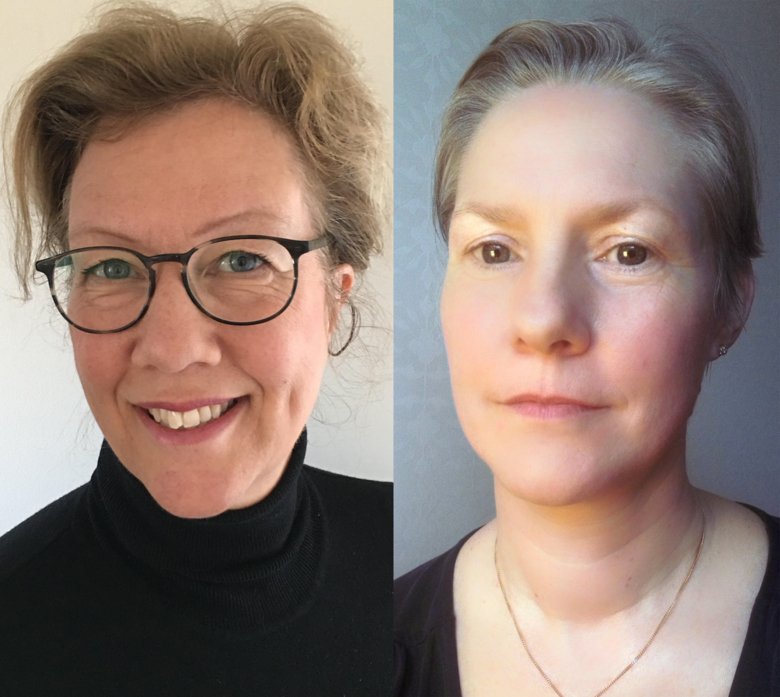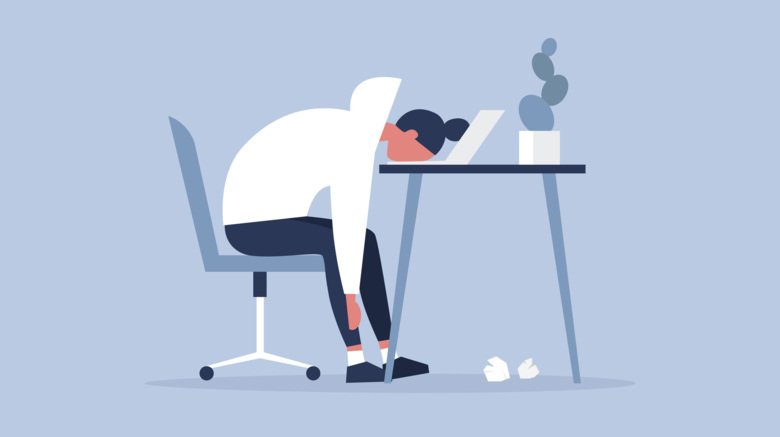How to sleep better during the corona epidemic

The outbreak of the new corona virus is the cause of much anxiety, an anxiety that can lead to insomnia. Yet sleep is essential to our mental and physical health. Two psychologists at Karolinska Institutet have now collected some evidence-based tips for getting a good night’s sleep in the pandemic era.
How has the advice been produced?
“A task force in the European CBT-i Academy including some of the most qualified researchers in the insomnia field in their respective countries wrote the text together. We exchanged ideas via email for a few intensive days to draw out the best advice in the quickest time. Since the advice is anchored in research that everyone in the group is familiar with, it wasn’t that difficult to put concisely into words,” says Dr Susanna Jernelöv, psychologist and researcher at the Department of Clinical Neuroscience and member of the European CBT-i Academy.
Why is important to spread the advice

“Many people are more or less isolated in their homes and are having problems sleeping that they’ve never had before caused by virus anxiety or by new habits and unfamiliar routines. While insomnia related to a crisis situation is generally transitory some people risk developing lasting problems. It’s hard these days to get information and help from doctors – 1177 is snowed under and no one wants to put unnecessary burden on the health services. At the same time, advice based on personal opinion and sometimes misunderstanding is rife, and care and ‘medicines’ are offered that have no scientific grounding. So, we researchers want to offer quality-assured information and evidence-based advice. Following this advice can reduce the danger of temporary sleeping problems becoming chronic,” says Dr Kerstin Blom, psychologist and researcher at the same department.
Finally: How well are you sleeping these days?
“I’m sleeping pretty much as normal, which is to say well. I possibly have even more regular sleep than usual, since I work mainly from home and can control when I get up so that it fits my circadian rhythm. I always have to struggle to get up in the morning since I’m an evening person, which means I tend to move my sleep forward if I allow myself to, but now that it’s getting lighter and lighter it’s easer than normal to get up at a reasonable time,” says Dr Blom.
“I’m very much the same as Kerstin. I also really try to make sure that I go for a walk two or three times a day – morning, noon and night. I don’t have to go far, although a longer walk never hurts. It helps me sleep better,” says Dr Jernelöv.
Publication
Dealing with sleep problems during home confinement due to the COVID‐19 outbreak: practical recommendations from a task force of the European CBT‐I Academy
Altena E et al, Journal of Sleep Research, online 4 April 2020.
 Photo: Gettyimages
Photo: GettyimagesThe Conversation: Here's why you should take a nap
Napping in the afternoon can improve memory and alertness, according to KI researcher John Axelsson and his colleague, Tina Sundelin, at Stockholm University. Read their news article on this topic, published by The Conversation.
